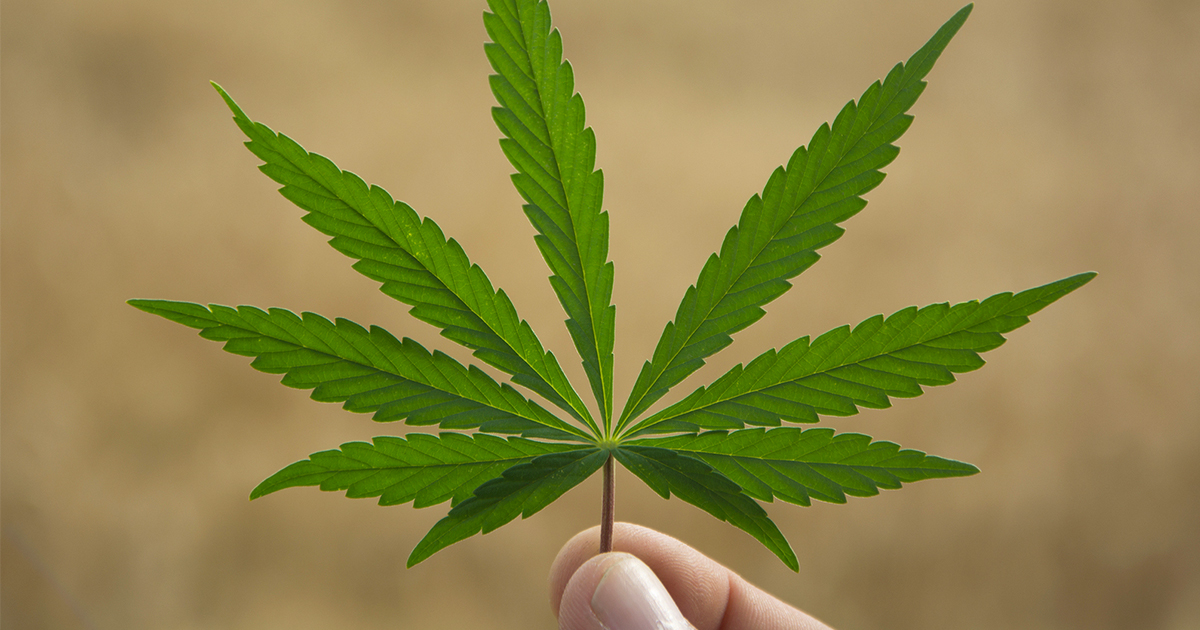The DEA Makes a Confession About Marijuana

By:
For the first time, the Drug Enforcement Administration admitted that marijuana is less dangerous than drugs that are classified in the same (and even lower) scheduling category under federal law. But it's refusing to loosen federal restrictions on marijuana anyway.
 BigStock/k86 - bigstockphoto.com
BigStock/k86 - bigstockphoto.com
On Thursday, the DEA rejected two requests from lawmakers to reschedule marijuana under the Controlled Substances Act in order to increase access to the substance for research purposes. Marijuana is currently a Schedule I drug, a list that includes substances deemed dangerous and addictive with no medical value.
In a letter responding to one of the requests, acting DEA Administrator Chuck Rosenberg defended the agency's decision, arguing that marijuana "does not have a currently accepted medical use in treatment in the United States." (A growing body of international research refutes this idea.) Then Rosenberg made a surprising admission: marijuana, he says, is "less dangerous than some substances in other schedules."
"That strikes some people as odd, but the criteria for inclusion in Schedule 1 is not relative danger," Rosenberg writes.
At this point, you'd be hard pressed to find someone — even opponents to marijuana legalization — who believe that marijuana is as dangerous as other Schedule 1 drugs (e.g. heroin, LSD) or even Schedule 2 drugs such as cocaine and meth. But until recently, the DEA has adamantly refused to admit as much.
In 2011, then DEA chief Michele Leonhart repeatedly declined to say whether heroin, meth, or crack cocaine was more dangerous than marijuana during a hearing before the U.S. House Judiciary Subcommittee on Crime, Terrorism, and Homeland Security.
The latest development hints at a shift in the DEA's attitude toward marijuana, but the confession isn't likely to satisfy legalization advocates. After all, the catch-22 of marijuana reform is that the DEA insists that further research is needed to justify rescheduling while simultaneously refusing to loosen restrictions that would enable that research. Yes, the DEA announced plans to expand the number of federal facilities permitted to cultivate research-grade marijuana — but rescheduling would expand research opportunities even further, according to the Brookings Institution.
"Keeping marijuana in Schedule I shows that the DEA continues to ignore research, and places politics above science," Michael Collins, the deputy director of national affairs for the Drug Policy Alliance, said in a statement emailed to ATTN:. "In reality, marijuana should be descheduled and states should be allowed to set their own policies."
[h/t Christopher Ingraham]
